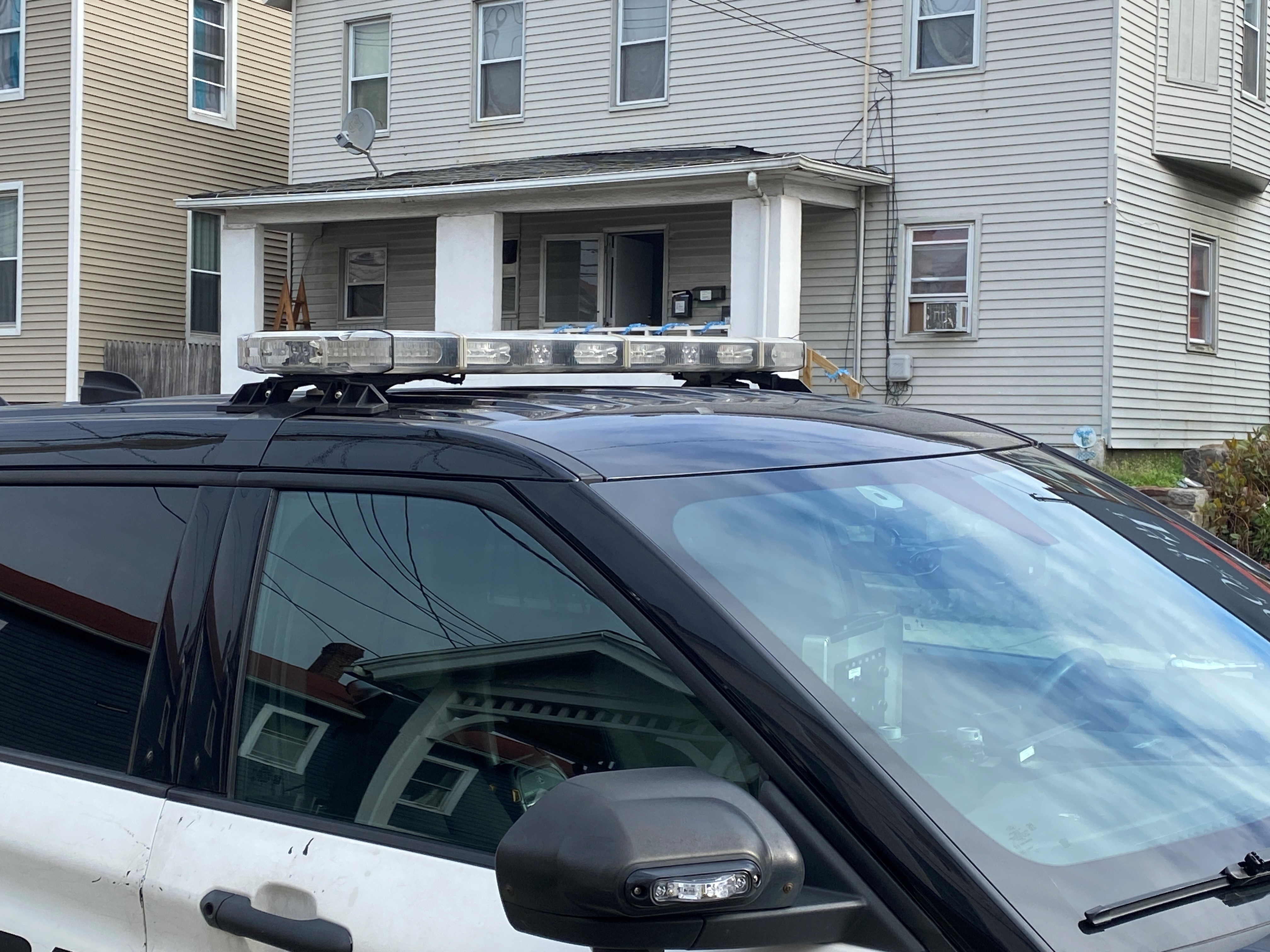During previous winters, it has been a challenge for Jasmine Sullivan, a mother of three children, to pay her energy bills.
“Gas companies, they don’t really care if you have no income or you can’t afford, if you’re working or not,” Sullivan said. “Sometimes, I even had to use other people’s electricity to help, lots of blankets, if I have electricity through the stove boiling water, it’s terrible, because the kids are cold, I’m cold.”
For several years, Sullivan has relied on the assistance she applies for through the Community Action Agency of New Haven.
“It definitely helps keep us out of the cold, especially around this time when it’s snowing, it really does help,” she said, “It’s a life saver, it definitely is.”
Senator Chris Murphy (D-Connecticut) listened to Sullivan’s story during his visit Monday to the Community Action Agency. Now, he plans to share it with colleagues in Washington, D.C. as he fights for more federal funding for the low income energy assistance program.
“This is really a matter of life and death and here in Connecticut,” Sen. Murphy said. “We’re going to get flat funding this year compared to last year for our low income heating assistance program, but that’s simply not enough.”
Murphy said with more recipients in the program, they are receiving less of the benefit, which means a lower percentage of what it costs to keep warm in the winter.
Local
Even with falling home heating oil and natural gas prices, a recent study by the non-profit Operation Fuel found more than 313,000 Connecticut residents can’t afford their energy bills.
“The people that we serve are working class families and they don’t often get pay raises for the last 5 to 10 years, in fact most of them still struggle with paying their bills,” said Amos Lee Smith, the President and CEO of the Community Action Agency of New Haven.
Applicants this year for home heating assistance at the Community Action Agency are up 10 to 12 percent, Smith said. He added they have slowed down the number of daily appointments to keep up with processing applications.



